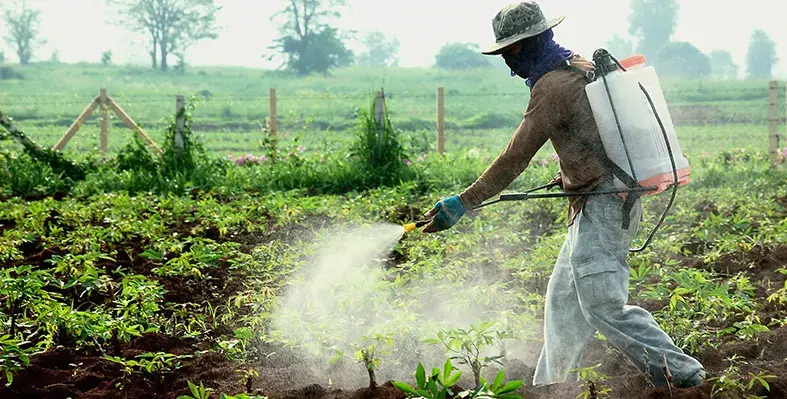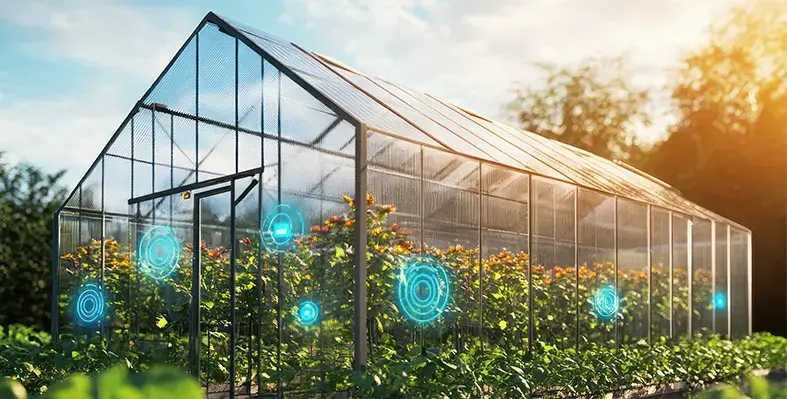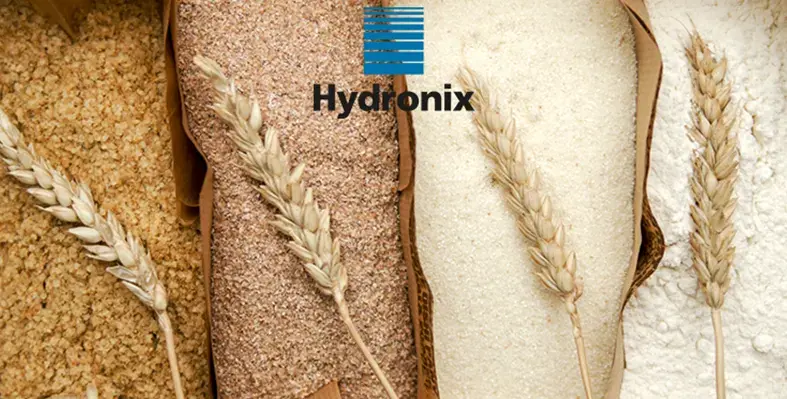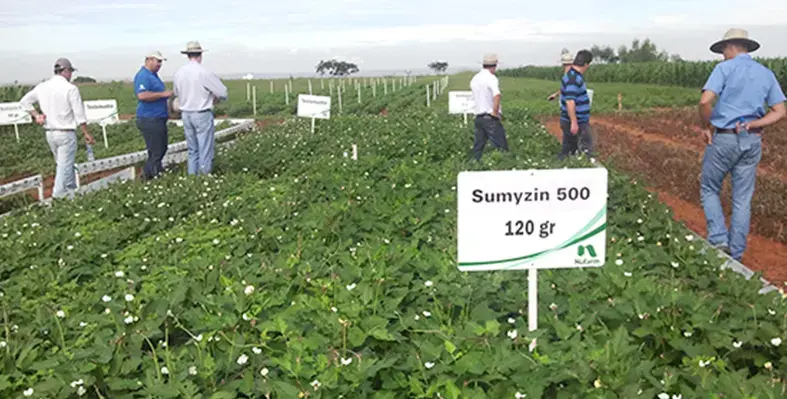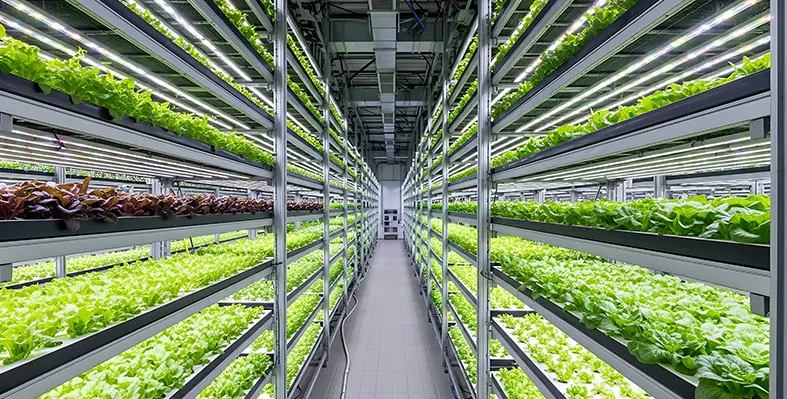
BKCC aims to transform this reality by rethinking the vertical farming structure from the ground up.
Farmers Lab Ltd. of Korea has unveiled a groundbreaking advancement in controlled-environment agriculture with the launch of its BK Conveyor Culture (BKCC) system — a horizontally revolving vertical farming technology designed to address one of agriculture’s most urgent challenges: labour shortages.
As farming communities age and younger generations increasingly avoid work that involves harsh weather, long hours or inconsistent income, both traditional and indoor farms are struggling to find workers. Even modern vertical farms continue to depend heavily on manual labour, with fixed-rack systems requiring operators to climb ladders, stretch to reach upper trays and move repeatedly between narrow aisles.
BKCC aims to transform this reality by rethinking the vertical farming structure from the ground up. Instead of having workers move around the farm, the BKCC system rotates the trays horizontally, bringing crops directly to the operator. Planting, irrigation, harvesting and cleaning can all be carried out comfortably from a standing or seated position, reducing physical strain and improving overall safety. This human-centred approach allows farmers of all ages to work more efficiently, more comfortably and with far less risk.
The system has demonstrated the potential to reduce labour requirements by up to 70%, while also achieving 80% water savings compared to traditional fixed-rack vertical farming operations. BKCC’s simplified workflow reduces fatigue, increases output stability and produces more uniform crops thanks to consistent environmental control.
Operating within a carefully managed indoor environment, the BKCC system uses hydroponic precise irrigation, energy-efficient LED lighting, fully clean and soilless production and an intuitive IT dashboard for monitoring. Optional AI-driven growth analysis provides further insight for farmers looking to optimise yield and resource efficiency. These features make BKCC suitable for a wide variety of crops, including microgreens, leafy vegetables, sprouts, animal fodder and virus-free nursery plants destined for greenhouses or open-field transplanting.
The system has already proven its performance through successful trials and commercial operation in both Korea and Singapore, carried out through collaborative research and development partnerships. With consistent output and reliability demonstrated in real-world settings, new installations are now underway in Australia and additional international markets, signalling BKCC’s growing global presence.
Created with a strong social mission in mind, BKCC reflects the company’s philosophy: “Pride for Farmers, Future for Youth.” The technology supports older farmers by making agricultural work physically manageable, while offering younger generations a compelling entry point into clean, high-tech, sustainable farming. As many fixed-rack vertical farms struggle with complexity and rising operational costs, BKCC provides a simpler, safer and more accessible solution tailored to practical farming realities.



